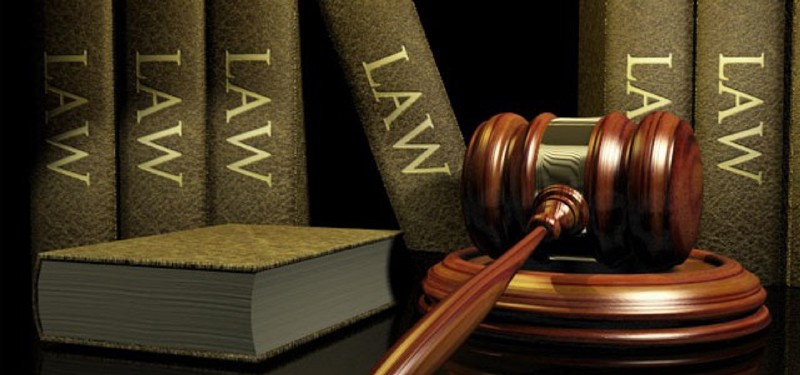In its broadest sense, Define Law “a rele or principle that governs certain actions in particular circumstances.” If a stone is to fall, it must fall according to the law of gravity.
Various Define Law
Different schools of law define law in different ways. Some define it based on its nature. Others focus primarily on its source. Others define it according to its impact on society. Others define law according to its purpose or end. An incomplete definition of law will not include all aspects. Law is social science, and it grows and develops along with society’s development. Law is needed to address the new challenges posed by society’s changing landscape. The definition and scope must change in order to keep up with the changing times. This means that the law definition given at one time can no longer be valid for future times.

Blackstone
“Law” in its broadest and most comprehensive sense refers to a rule of action that is applied in all types of actions, whether they are rational, rational, or irrational. We can also refer to the laws of gravitation, optics, mechanics, and inheritance tax law of nature as well as those of nations.
Austin
“Law is the sum of all rules that men have made to be politically superior or sovereign to others.”
Define Law has many Advantages
These are the advantages of law
a. The dangers of making arbitrary, biased or dishonest decisions is avoided by law
Fixed principles of law prevent arbitrary, biased or dishonest decisions. Law is known and certain. A judge can make a deviation from the law visible to everyone. It’s not enough to do justice, it is necessary that everyone can see it. Judges can make wrong decisions and have untrued opinions about criminal justice.

b. Administration of Justice
The administration of justice is protected from errors by individual judgment by the fixed principles of alw. Judges are not expected or required to alter the law in most cases. They cannot substitute their opinion for the laws of the country. Experience has shown that people live happier lives when they are governed by the established principles of law.
c. Reliability
Law is also more reliable than individual judgement. Judges are not immune to human error. Human minds are susceptible to fallibility. The wisdom of parliament, which is the wisdom of the people, is a more secure and reliable protection than the instantaneous fancy of a judge.
3. Disadvantages to Law
A. Rigidity in law
The rigidity of the law is one disadvantage. A perfect legal system is flexible enough to adapt to changing needs. The law must adapt to the needs and not be isolated from them. The law cannot be changed to meet the needs of the people.
b. Conservatism
Both judges and lawyers favor continuation of existing defense law. Define Law means that law is often static. This is unacceptable for a modern society.

c. Formalism
The form of the law is often more important than its substance. It is common to waste time raising automotive technical objections to law that have nothing to do the merits in a case.


